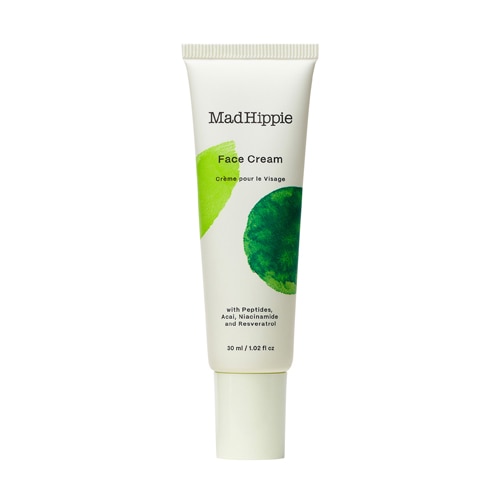We are in the midst of a pivotal moment in the ongoing brouhaha regarding woman’s looks. On the one hand, make-up tutorials are rampant on YouTube, and the make-up industry is experiencing explosive growth: According to the NPD group, a global information company, the U.S. prestige beauty industry (which largely consists of concealers) reached $16 billion in 2015, a 7 percent increase over 2014 sales.
Our selfie age comes with a drive toward extreme grooming. Many women believe the more glitz and glam the better. Strobing and baking, both of which involve copious amounts of makeup, are currently some of the most popular makeup techniques.
It’s not all powder and mirrors. There’s a growing resistance to the importance placed on woman’s appearance and how self-worth tends to get jammed into that equation. And the face of the resistance is the pop star Alicia Keyes, who started a de facto no make-up movement in May of 2016 when she published her essay “Time to Uncover” on Lenny, Lena Dunham’s online magazine.
Here is an excerpt from that essay:
“Before I started my new album, I wrote a list of all the things that I was sick of. And one was how much women are brainwashed into feeling like we have to be skinny, or sexy, or desirable or perfect. One of the many things I was tired of was the constant judgment of women.
I was finally uncovering just how much I censored myself, and it scared me. In one song I wrote, called 'When a Girl Can't Be Herself,' it says,
In the morning from the minute that I wake up / What if I don't want to put on all that makeup / Who says I must conceal what I'm made of / Maybe all this Maybelline is covering my self-esteem
I hope to God it's a revolution.
'Cause I don't want to cover up anymore. Not my face, not my mind, not my soul, not my thoughts, not my dreams, not my struggles, not my emotional growth. Nothing.”
With her song, essay and the #nomakeup hashtag, Keyes tapped into a vein ripe with unspoken resentment about how notions of how women “should” look are often imposed by male- dominated spheres, such as the cosmetic industry.
The no-makeup movement went viral: In solidarity, a growing number of prominent celebrities and "real" women are choosing not to wear any makeup at all. Last year, Keyes conspicuously wore no makeup at high profile events such as the Democratic National Convention, the MTV Video awards and New York fashion week.
But her freedom from the beauty norms, while applauded, was also met with corrosive criticism. She was skewered for her lack of makeup and accused of starting a polarizing trend just as pernicious—and restrictive--as extreme grooming. According to the New York Times, “Ms. Keys’s (mostly female) detractors howled at her disingenuousness (surely she had spent thousands on skin care?) and her deceit (surely she was wearing tinted moisturizer?); some slammed her for not looking pretty enough (though they used coarser words than those).”
Everyone feels entitled to judge a woman by her appearance. Women who get too caught up in beauty augmentation are also fair game for derision, such as the storm of criticism over plastic surgery that besieged Kim Novak and Renee Zellweger at the 2014 academy awards in 2014.
The refusal to cover up is a radical one. At its heart it exposes the paltry choices given women in regards to their appearance, which is to conform to the standards of a beauty culture—or risk being accused of laziness. It’s as if beauty is an unquestionable aspect of a woman’s job description.
Keyes’ bold move invites women to challenge our prevailing ideas over what passes as beauty. She’s exploding the idea that women’s most valuable currency is their looks. She’s bringing something bigger to the table—our willingness to be authentic and true to our deepest self. And each of us can contribute to the conversation on image and conformity.
By listening to an inner call, rather than society’s pressures, we can create a broader definition of beauty, one that can embrace a whole gamut of gorgeousness. Let’s be inclusive enough to welcome makeup and no makeup without needing to impose either as the only possible choice.
While there’s nothing wrong with makeup per se, the act of applying it contains a world of values, some of which may be worth exploring with an open mind.
So before you automatically apply concealer, you may give a little more thought about what you are trying to hide. Is it worth it? And what might it be like to uncover rather than cover up?




